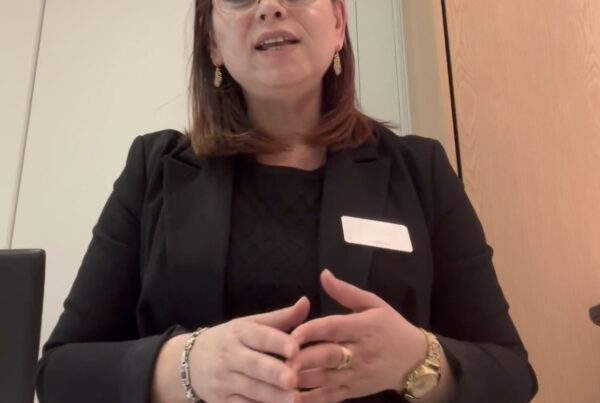January is the traditional time to begin resolutions. Whether those resolutions are formally written down, shared with friends, or kept private, a few timely financial promises to oneself could pay big dividends in the coming year.

Financial resolutions don’t have to be complicated or elaborate. Sometimes the best money solutions are also the simplest. Here are ten great financial resolutions for any year.
1. Increase retirement plan contributions by 1% (or more). Most people want to retire someday. If you’re one of them, vow to make those later years more financially comfortable. Raising retirement contributions by 1% in the year to come is a good starting point. Of course, it can always be increased as the year progresses, but starting with 1% is an easy thing to do.
2. Add $50 (or more if possible) to emergency savings each paycheck. Sometimes the smallest goals may be the easiest to reach, so vow to set aside $50 from every paycheck. Automate the process by using direct deposit to a savings account or move the funds manually each month.
3. Choose one bill a month and negotiate it down. The ability to negotiate with a cable company, internet service provider, phone company, and more may improve your finances in the coming year. Choose one bill a month, pick up the phone and negotiate to get fees and rates reduced.
4. Fine-tune or create your budget. Hopefully, your budget is already in place. If not, now is the time to create one. If you have a budget, make a resolution to fine-tune it even further. Make adjustments that create a higher level of control over expenses and income.
5. Improve your job skills. A great way to improve finances for the coming year is to strengthen one’s earning power. Take a class, enroll in community college, attend a seminar, and do other things that will help to earn more money. Better job qualifications may result in additional promotions.
6. Interview a new financial planner. There is nothing wrong with shopping around, even if a current financial planner is providing good service. Getting a second opinion from another financial planner is one smart way to see the options available.
7. Record or update the information for all online account logins, keep them somewhere safe and let a loved one know where they are. If death or incapacitation occurs, loved ones will be unable to access financial accounts without the correct information. Do them a favor by recording the information and keeping it in a safe place that they can access.
8. Review all insurance coverage. Insurance is not a set-it and forget-it kind of thing, and an annual review should be on everyone’s to-do list. Making sure the proper insurance coverage is in place should be part of the review process. Removing unnecessary coverage may result in monthly savings that can be used elsewhere.
9. Set up an estate plan. Make this the year to finally set up an estate plan. Having an estate plan in place is one of the best things someone can do for loved ones. It’s just a smart way to provide financial protection for family members.
10. Invest in good health. Last but not least, make the promise to focus on good health and well-being throughout the year. Exercising more, eating right, and taking care of oneself should always be a priority. The positive financial impacts of better health are numerous.
Making resolutions is a common activity. As the calendar rolls over and the old year gives way to the new, people everywhere will be looking for ways to improve their lives, and that includes their finances. The ten resolutions outlined above may be a way to enjoy a better today and a better future.
This article was originally shared via our education partner, Balance Pro.



